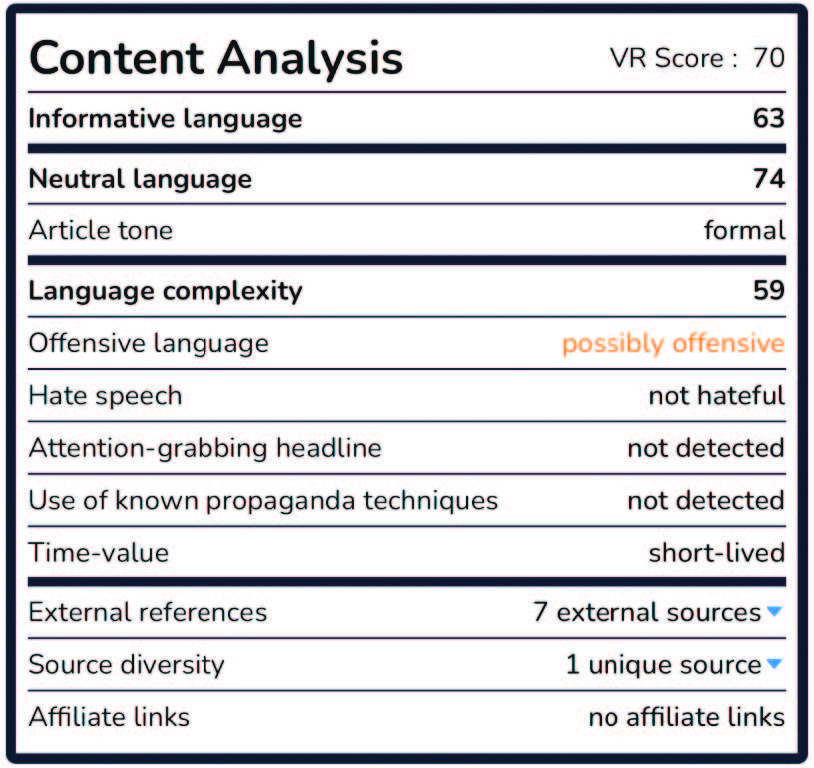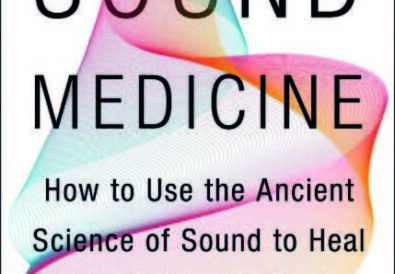A balanced diet is part of a healthy lifestyle, and so is a balanced information-diet. When it comes to health and well-being, what you put in your head is just as important as what you put in your mouth. Mindful media consumption is more than just limiting your screen time. It’s about understanding the context and “nutritional” value of the content you consume.
Short-term Rewards vs Long-term Goals
Imagine someone approached you on the street and offered you to try some cake from a new bakery. Would you?
Now imagine that someone approached you on the street and offered you to taste some kale from a new health food store. Would you?
If you’re like me, you’re much more likely to sample cake than to sample kale. Kale is healthier, and you want to eat more kale than cake in the long run, but kale requires planning and preparation. You don’t just eat kale when it’s handed to you.
And yet, I know dozens of people who go out of their way to frequent farmers’ markets and to subscribe to local CSAs and co-ops just to get the best organic vegetables, and I don’t know anyone who subscribes to cake CSAs.
So we have a paradox on our hands. People’s immediate reactions don’t match their long-term preference. We want to be the kind of person who eats more kale than cake, but when we’re offered free cake — we eat it.
Brain-food
Now imagine a different situation. Suppose you’re reading Twitter and see that your friend posted an article that destroys a politician you don’t like. It might even have a catchy title like “Talk show host DESTROYS politician!” — caps and all.
Would you click on it?
Of course, when you click or share or comment or even spend more than a few seconds dwelling on this article, Twitter learns that you like this sort of content and tweaks your feed to bring you more of it. Over time, Twitter learns that most people like this sort of content and tweaks everyone’s feeds to bring them more of it.
This seems like an obvious problem. Social media optimizes what people see with one objective in mind — maximizing engagement. They call it a “feed” for a reason — and for most of us, it consists of 100% cake.
A Junk-free Information Diet
Step one towards constructing a healthy diet is to rid your mental shopping cart of obvious junk. If information is nourishment for the brain, then our approach to filtering it should likely resemble how we approach other forms of nourishment.
So ask yourself — how do you go about avoiding junk foods in your diet? If you’re like most people, your answer to this question includes some variation of these three rules:
- Shop in grocery stores that carry higher-quality products.
- Shop primarily in the perimeter aisles where healthier foods tend to be found.
- Look at the nutrition label on each product before deciding whether to buy it or not.
A similar approach can be applied to information. First, you should curate better sources for the information you consume. Just as you wouldn’t buy meat from a wet market, you should probably consider not reading articles from unfamiliar sources unless they came with some secondary indication that makes you trust them.
Second, you should try to spend more time in the sections of these websites that have better content on average. News tends to be more informative than opinion pieces. Science news tends to be more informative than news about politics. Investigative pieces that require months of research tend to be more informative than breaking news items that had to be written in 5 minutes with minimal editorial review. Etc.
Third, you need to be able to tell whether something is worth consuming before you consume it. You wouldn’t eat something just to find out if it’s good for you, right? So it’s important to incorporate third-party tools (like Newsguard, TheFactual, Otherweb, etc.) in the way you select which content to consume.
Balancing a Junk-free Information Diet
Step two towards constructing a healthy diet is to make sure you get a sufficient amount of different nutrients and don’t overdo any one of them. For instance, being informed is extremely important, so one would assume that consuming news should be healthy. But a 2013 UC-Irvine study found that people who watched six or more hours of news coverage of the Boston Marathon bombing had higher levels of PTSD than the marathon runners who actually witnessed the bombing.
So, clearly, even good things like informative news coverage should be consumed in moderation. Ask yourself – how much news do I need to consume? How about cat videos? Sports? Entertainment? Travel photos on Instagram? The answers might be different for each person, but one thing seems to apply equally to everyone. You can’t rely on Twitter or Instagram to select what you’re going to see next. Being mindful of your information diet, and budgeting your time and attention accordingly, will do wonders for your physical and mental well-being.
 Alex Fink is the Founder and CEO of the Otherweb, a Public Benefit Corporation that (among other things) generates a “nutrition label” for media content so people can be more informed about the content they consume online. The Otherweb is also available as an app (ios and android), a website, a newsletter, or a standalone browser extension. For more info visit: www. otherweb.com
Alex Fink is the Founder and CEO of the Otherweb, a Public Benefit Corporation that (among other things) generates a “nutrition label” for media content so people can be more informed about the content they consume online. The Otherweb is also available as an app (ios and android), a website, a newsletter, or a standalone browser extension. For more info visit: www. otherweb.com




















